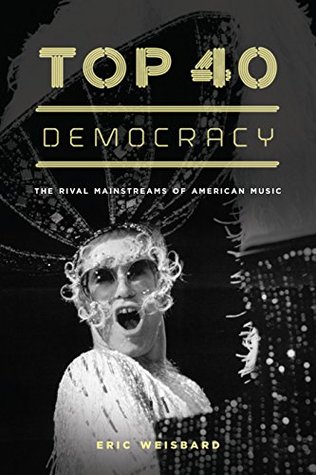the class divisions that rivaled racial divisions played out in gendered language, as rock became associated with moneyed, aloof, and sexually suspect hippies. Working-class white boys felt instead a class and male kinship with black music, as the Isleys gave them a sense of the “streets.” Yet their experience of the music was mediated, learned through radio or Soul Train, not socializing. And there was no compunction about using “Fight the Power” for political ends opposite of a group who named their label after an integrated suburb.
Welcome back. Just a moment while we sign you in to your Goodreads account.


